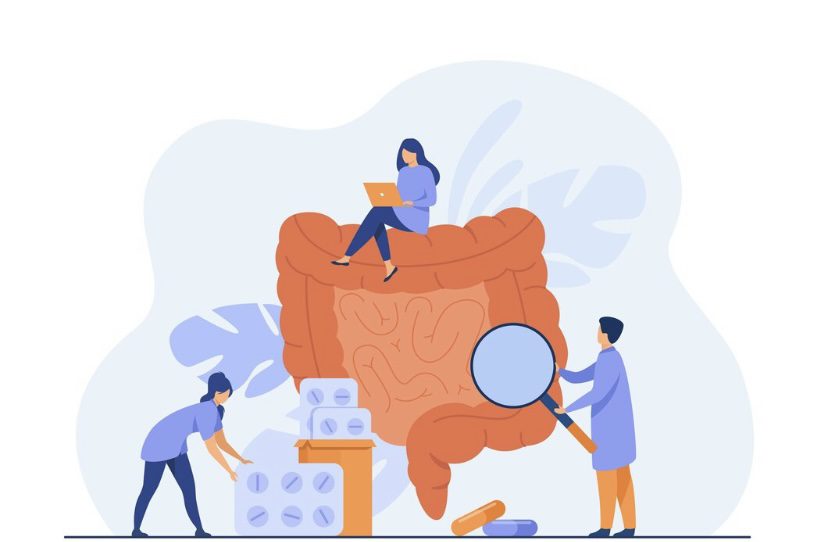This content is for informational and educational purposes only. Always consult a qualified healthcare provider.
Last Updated on November 24, 2025 by Grace Oluchi
Digestive disorders are quite painful to the point where it ruins a person’s day. It can interfere with your daily life, which can suck a lot.
It’s a health condition that affects your digestive system including your:
- Esophagus
- Stomach
- Small intestine
- Large intestine
These disorders can lead to symptoms like:
- Pain
- Bloating
- Diarrhea
- Constipation
- Gas
📋 Table of Contents
Common digestive disorders
A very common digestive disorder is called Irritable Bowel Syndrome,(IBS), for short. It affects your large intestines, and can make you feel:
- Abdominal pain
- Bloated
- Cranky, and not interested in talking to anyone.
It affects your bowel movement, and can make you get diarrhea, and feel constipated.
The reason behind IBS, is not known. However, these things can trigger IBS:
- Stress
- Certain foods
- Hormonal changes
If you want to manage Irritable bowel syndrome, it’s best you follow a low-FODMAP diet. This means, that you will start to eat less fermentable carbs.
Another common digestive disorder: Gastroesophageal Reflux Disease, known as GERD.
Gastroesophageal Reflux Disease (GERD), occurs when the acid in your stomach keeps flowing back into your esophagus.
Which makes you feel very uncomfortable, and unhappy.
It can lead to symptoms like:
- Heartburn
- Difficulty swallowing
- Regurgitation
Making changes can help you manage GERD. These steps may help you manage it:
- Elevating your head before you sleep
- Staying away from foods that can trigger it
- Eating smaller meals
- Exercising, especially walking
Sometimes you might be given some medicine to reduce acid production in your body.
How gut health comes in
A healthy gut can help prevent you from getting any digestive disorders, but a lot of people, don’t know how to go about it.
Your gut has millions to trillions of bacteria, and microorganisms, that help you:
- Digest food well
- Keep your immune system healthy
- And even help improve your mental health
Here’s how you can help your gut stay healthy:
1 . Eat healthy and avoid processed foods, unhealthy fats, and sugar.
This is because they can disrupt those good bacteria in your gut.
But, foods like:
- Yogurt
- Kefir
- Sauerkraut
- Whole grains
- Fruits
- Vegetables
- Proteins
Will do a lot of good for your gut.
So, make sure these foods are a part of your grocery list, and buy them.
2 . Drink plenty of water so your body stays hydrated, which can help prevent constipation, and help your meals digest better.
3 . Do your best to manage stress, because chronic stress can affect your gut, in a bad way.
Stress is BAD for you, and it’s important that you manage it well.
You know what can help you do that?
- Meditation
- Journaling
- Yoga
- Deep breathing exercises
- Sleeping early
- Reducing your communication with people that treat you badly and stress you out
- Walking
- Having a simple workout routine
3 . Taking probiotics might help restore the balance of those good bacteria in your gut health, and help your digestive system work better.
In conclusion
What this article is saying is that, taking care of your digestive health, is very important. Your gut is home to trillions tiny living things called:
- MICROBES
So, when your gut is good, and healthy, you will feel so much better about yourself.
But, if it is not, it can make you feel bad.
Also, a healthy gut may reduce your risk of getting digestive disorders, so make sure you take care of it.

